Celebrating the end of a fellowship journey
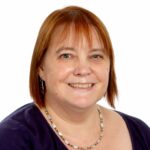
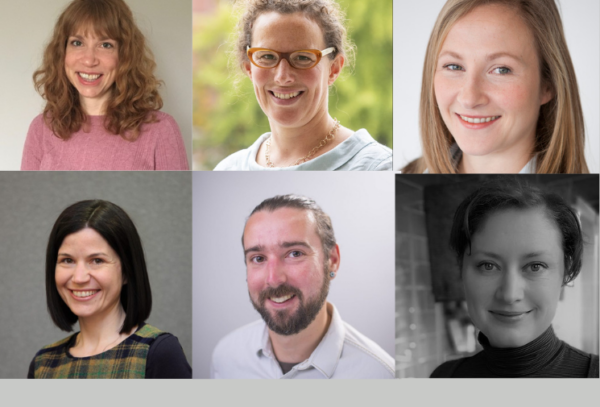
Relationships. Stories. Improvement – Jenelle Clarke and Sarah Yardley
Jenelle and Sarah’s conversation identified relationships and stories as hugely important to improvement – to improve healthcare services, it’s vital to also improve the relationships within them.
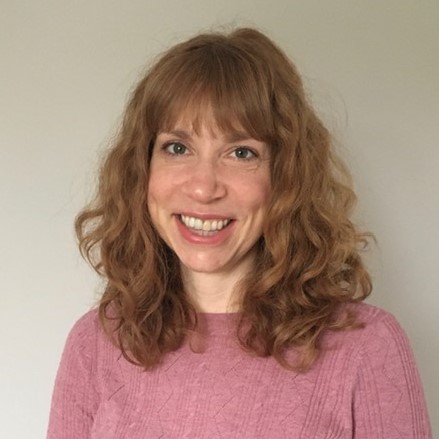
Jenelle’s project studies integrated care services to understand how different groups of people can learn to trust each other, work collaboratively and sustain team working to deliver patient centred care, particularly through their everyday encounters.
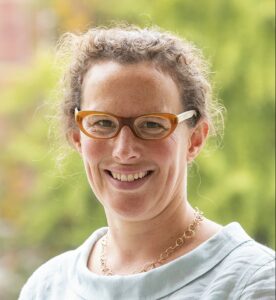
Sarah’s project looked at relationships between a range of specialist and generalist professionals, patients, and carers in palliative care and/or mental health care for people living with serious and severe illnesses, to understand the importance and function of relationships within healthcare systems for safe personalised care.
Small things are important in fostering a sense of team. – Jenelle
Sarah and Jenelle talked about how important strong communities are, and how good relational networks are healthier, safer, and more economically effective. Sarah’s research showed the relational ‘glue’ and ‘reach’ needed to create a sense of collective social safety, the care and support between people that is needed, with a range of bridging and support activities to link people across complex systems.
Collective social safety is more than just you or me being safe physically or even psychologically as individuals, it is about us being and feeling safe with each other in our relationships together – Sarah
Meaningful improvement in a changing policy environment – Nicola Boydell and Jo McPeake
Jo and Nicola shared their insights into some of the ways their fellowships had enhanced their understanding of policy, expanded their connections and networks, and extended the reach and impact of their research.
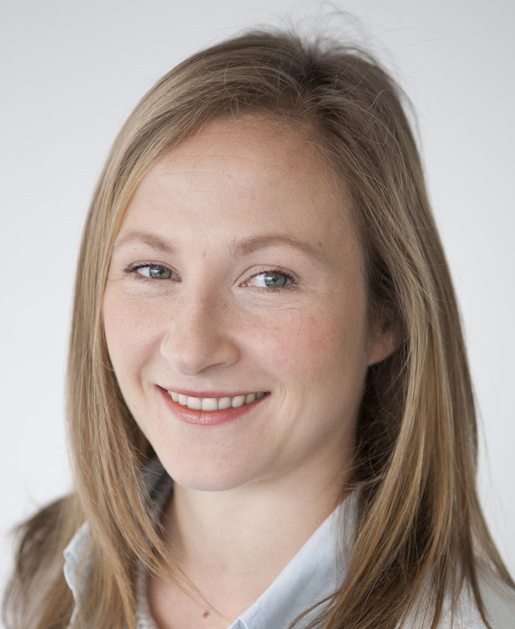
Nicola’s project involves collaborating with people who deliver and use sexual and reproductive health services on how to improve and redesign services. This includes looking at current involvement and engagement practices, as well as exploring experiences of different stakeholders participating in these processes. During the pandemic, Nicola was able to pivot and research the acceptability and views of women and staff on the rapid introduction of telemedicine abortion services in Scotland.
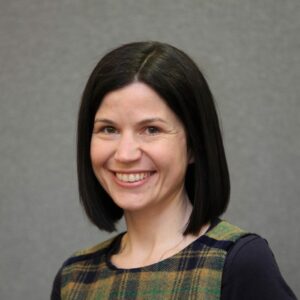
Jo’s research involved looking at patients who were treated in Intensive Care Units (ICU), and the high incidence of readmission in former ICU patients, aiming to create an integrated health and social care intervention that would help reduce hospital readmissions following critical illness. Audit and research on critical care became central to high-level decision-making during the pandemic, involving close working with the Scottish Government and Public Health Scotland.
Context matters! – Nicola
Jo and Nicola’s experience was that in the policy world, even when you think you’ve got research ‘nailed’, it doesn’t always get interpreted or implemented in the same way as it does in academia. So, it’s critically important to translate research into workable solutions.
Jo touched on the policy process, including ways in which COVID-19 had “turned plans on their heads,” meaning she had to work very closely with organisations like Public Health Scotland to make changes. The influence of external events on policy, and the importance of working closely with policy leaders were crucial.
We learned that we could work effectively with these events and in partnership with policy makers to make the most of what we had. – Jo
Nicola highlighted several policy windows emerging during COVID-19 including new models of abortion care in Scotland. Critical learning for Nicola was that policy windows can close as quickly as they open.
Systems approaches in healthcare improvement – Sean Manzi and Georgia Black
Sean and Georgia had differing project methodologies but both involved a systems approach.
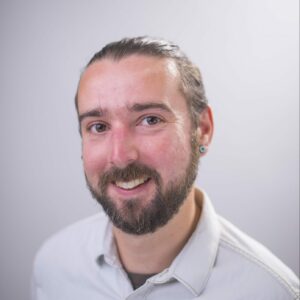
Sean’s project used network modelling to map complex pathways of care using health service activity data, which was exemplified using care for people with eating disorders across Devon. His work looked at the types of information that health service providers, particularly mental health trusts, need when they were considering making improvements, and how a whole systems approach to improving mental health services might work.
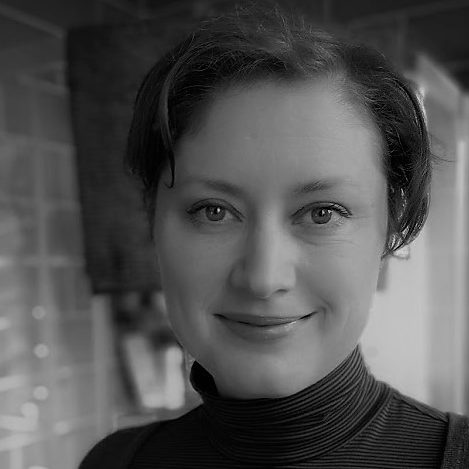
Georgia’s project explored patient safety in new cancer referral pathways for non-specific symptoms, comparing with those for urgent referrals, and looked at ways of improving cancer referral service design and culture.
In healthcare the whole systems approach recognises that patient safety requires a comprehensive and interconnected system. – Georgia
Georgia gave examples of mapping a system by following a patient through a treatment pathway to see what should have happened versus the patient’s experience, using observation and staff interviews to find out about role dependencies and who knew what about each aspect of the pathway.
How do we capture complexity? – Sean
Sean discussed the benefits of this type of research in healthcare improvement which included capturing the complexity of these systems and identifying the interactive parts in a process. For Georgia, it offered an opportunity to talk about what happened, what should have happened, and what was thought should have happened. This led to being able to improve the systems going forward.
And finally…
Rounding off the event, Nicola and Sarah reflected on their cohort’s legacy, underlining the ways in which their fellowships had strengthened the evidence base on improving quality and safety in healthcare, with attention to marginalised voices in healthcare.
At the same time, their fellowships had marked a time of personal and professional growth. All fellows at the end of their awards had secured exciting new academic and service improvement posts. But the journey had not always been easy. The cohort had been creative and adaptable in meeting challenges as they began their projects around the start of the pandemic. With support from THIS Institute colleagues, they found flexible ways of working that allowed for exploration of new ideas. They had supported each other as a cohort and saw their impact as collective, not individual. Highlighted achievements ranged from academic outputs to influence in designing new services, shaping guidelines and joining national decision-making bodies.
There were also reflections on the value of the leadership development support as part of the fellowship programme, providing critical challenge and space to practise new skills and learn from others. While each fellow created their own sphere of influence Nicola highlighted that the fellowships scheme was a model for improvement because of its wider impact – its sum being greater than its parts.